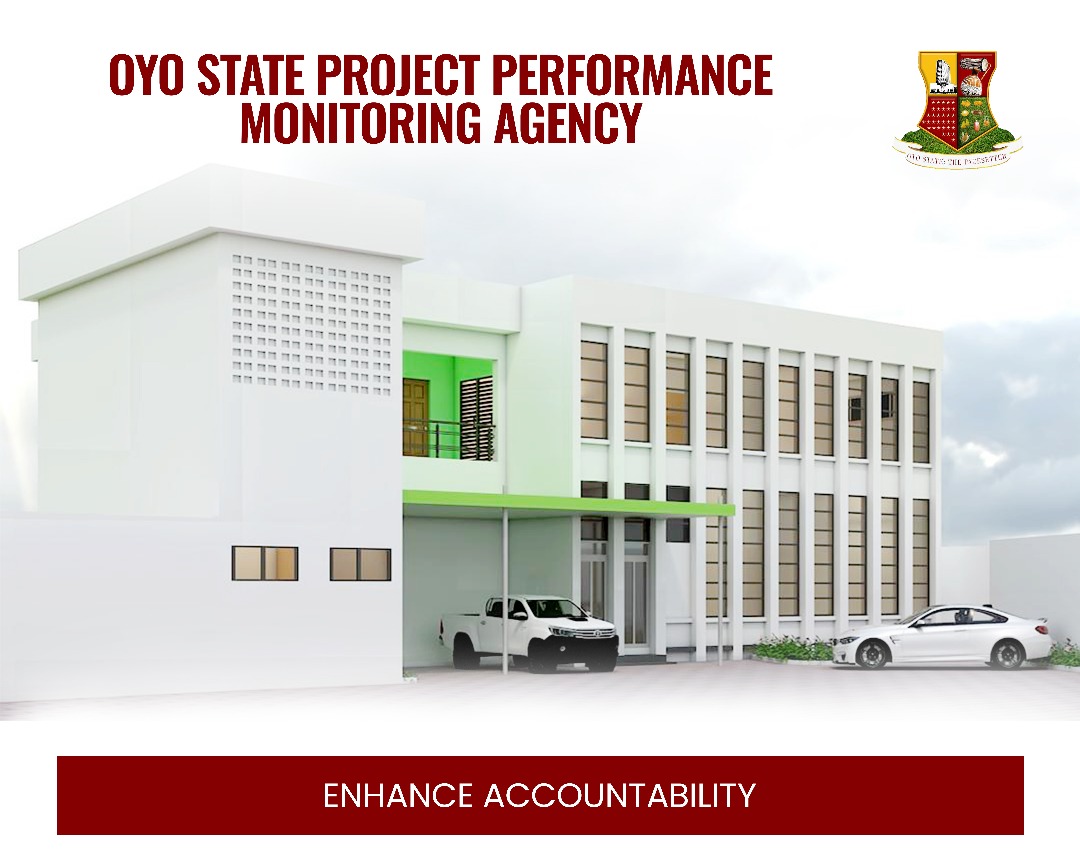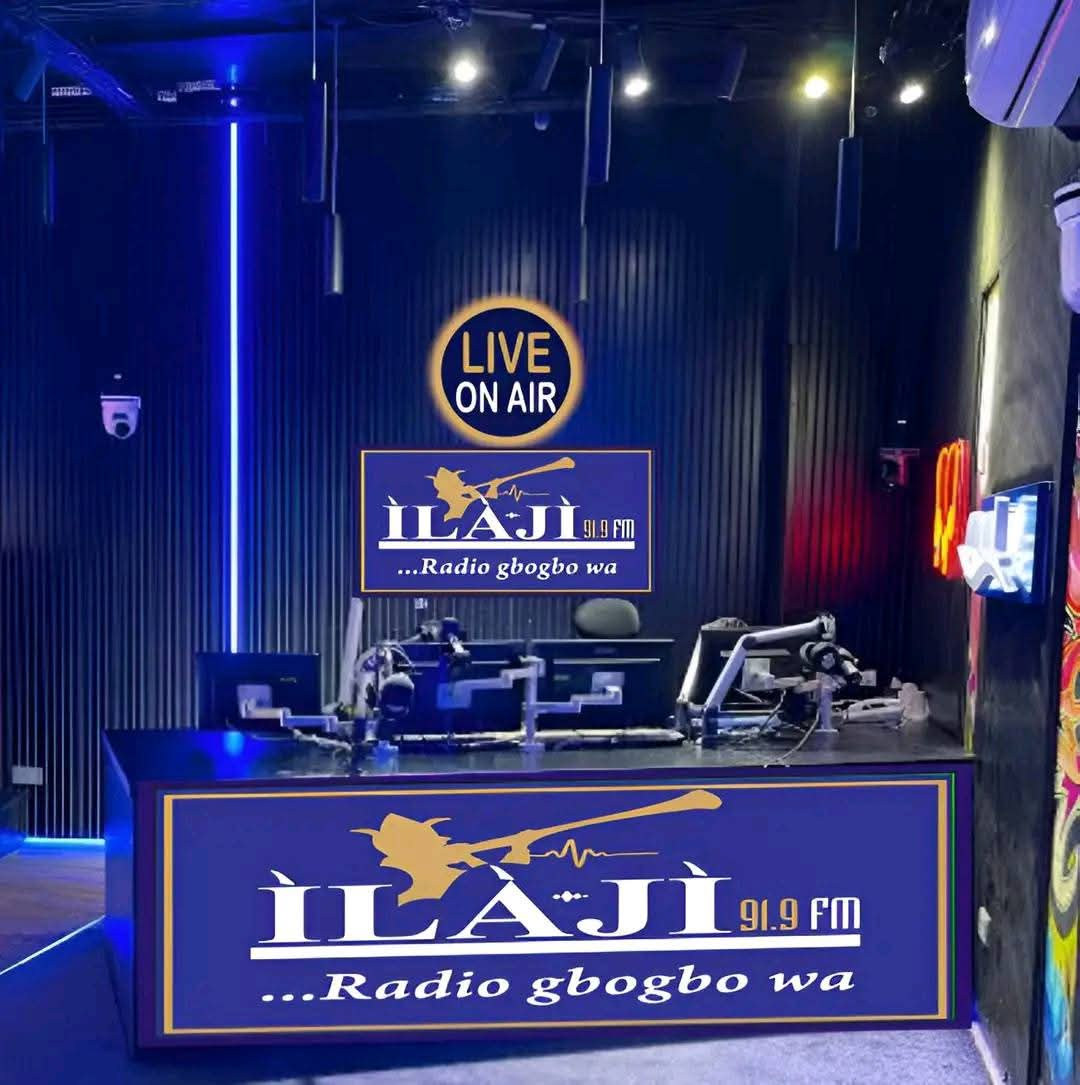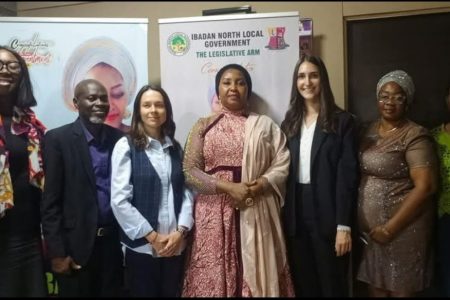A delegation from the World Bank, including Alena Sakhonchik (Private Sector Specialist: Women, Business & the Law), Lolita Laperle-Forget (Analyst, Women, Business & the Law), and Siebari Diette-Spiff (Nigerian On December 2, 2024, met with the Honourable Commissioner for Women Affairs and Social Inclusion in Oyo State, Hon. Fausat Balogun.
Their visit aimed to discuss the findings of a World Bank-funded pilot study assessing the empowerment of women in Nigeria and other regional African countries.


The study analyzed data from Nigeria at the national level in 2024, focusing on West Africa, with Lagos serving as a representative unit.
The next phase will involve a subnational study across six states: Oyo, Lagos, Bauchi, Kano, Kaduna, and the Federal Capital Territory, to better understand how local laws and policies impact women’s economic opportunities.
Alena highlighted that the research identified significant challenges women face in the global workforce, emphasizing a unique relationship between legal equality for men and women and its effects on women’s empowerment and entrepreneurship.
The study evaluated ten critical indices, including safety, mobility, parenthood, childcare, pay, marriage, access to assets, workplace environment, pension plans, and entrepreneurship opportunities.
The subnational study aims to provide insights into how policies affecting women’s economic opportunities differ across states, ultimately creating benchmarks for evaluating equal access to these opportunities.
In her response, the Commissioner clarified her perspective on gender equality, noting that while she believes men and women play complementary roles, she advocates for equal access to economic empowerment for everyone.
However, she expressed concerns about the study’s focus solely on the private sector, arguing that this approach might misrepresent the realities in Nigeria, where the government is the largest employer.
She cited Oyo State’s recruitment of 22,800 new staff members, a significant number of whom are women, as evidence of the state’s commitment to gender parity in employment.
The Commissioner also addressed the study’s low score on access to justice, pointing out that Oyo State has an active Family Court that collaborates with the Ministry of Women Affairs to swiftly address cases related to gender-based violence and child protection.
The Commissioner urged the World Bank to adopt a more inclusive approach in future studies, integrating both public and private sector data to enhance the credibility of their findings.
She acknowledged the World Bank’s efforts in conducting the study while stressing the necessity of including public sector perspectives for more accurate results.
Concluding her remarks, the Commissioner reaffirmed Oyo State’s dedication to improving outcomes for vulnerable demographics, including women, children, and the elderly.
She expressed readiness to collaborate with the World Bank on initiatives aimed at expanding economic empowerment opportunities for women in the state.
